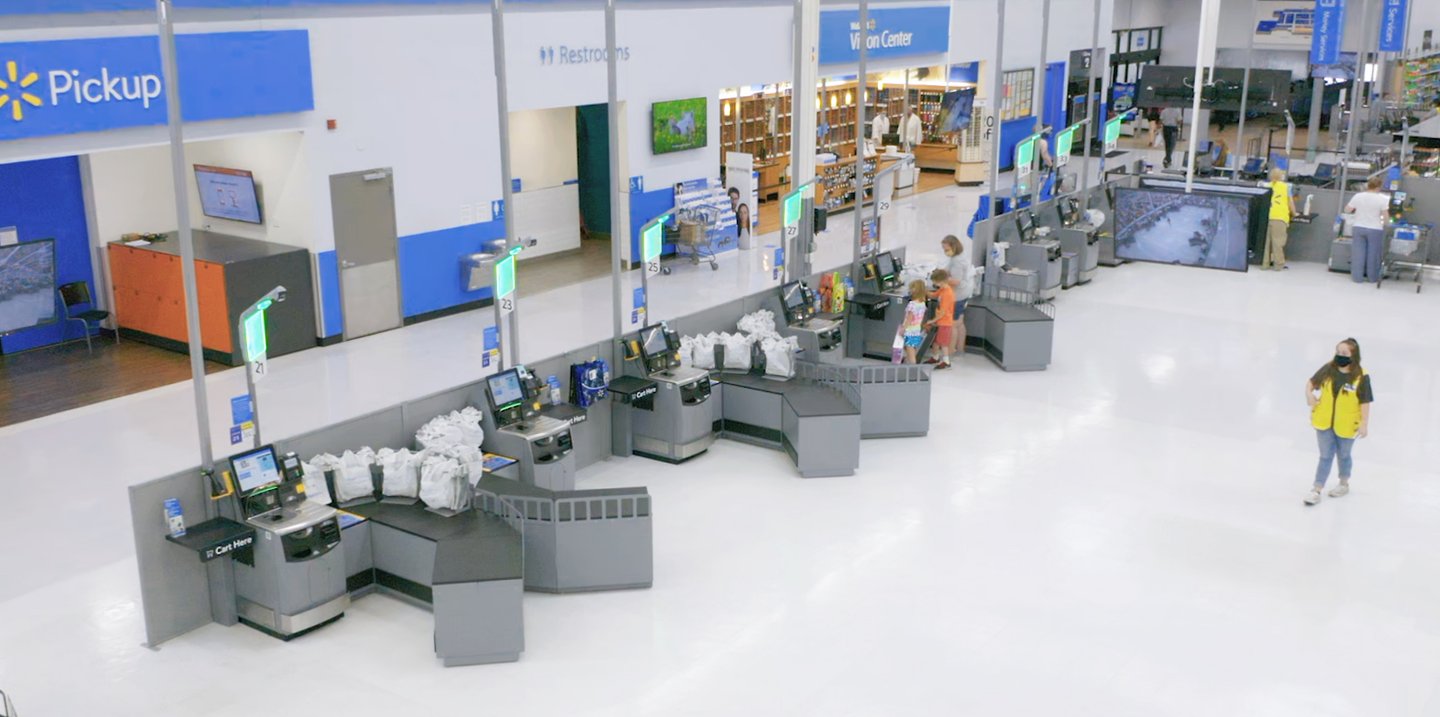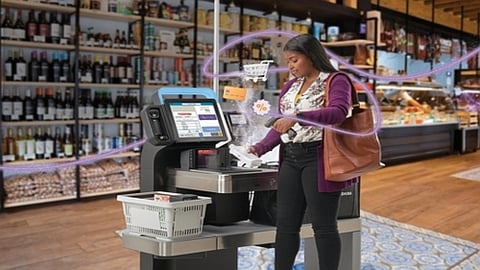Retailers Rethink Self-Checkout
Changes may be on the horizon for self-checkout as food retailers rethink or scale back on the technology.
Following the rollout of self-checkout stations at its stores, Costco is being forced to crack down on membership card sharing. The club retailer is now following its standard checkout procedure of asking for shoppers’ membership cards, as well as a photo ID, to use self-checkout registers. The company said the move would help crack down on shoppers improperly sharing memberships at self-checkout registers. Costco relies on membership fees for most of its profit.
Over at Wakefern Food Corp., its ShopRite banner is adding back designated full-service checkout lanes to its Delaware stores after facing customer backlash over its self-checkout approach.
Further, as reported by Business Insider, Walmart recently said it was also pulling self-checkout from at least three stores in Albuquerque, N.M., and replacing the lanes with traditional staffed registers. The company didn't elaborate on reasons for the change and said it had no plans for "widespread" removal of self-checkout.
Walmart started rolling out a hybrid approach to self-checkout in 2020. The redesigned checkout zones replaced traditional lanes with a staffed corral of kiosks where shoppers could opt to scan and pay on their own or have a worker do it for them.
"In this new layout, you get greeted from the entranceway and helped all the way through the whole process," a store manager said in a press release. "We will go to any register, and we will help you in any fashion you want, whether it's checking out one item or all the items. Any questions you have, we're right there for you."
Many retailers are still investing in self-checkout technology, however. For example, The Kroger Co. is going all in on self-checkout in at least one store in the greater Nashville area of Tennessee where it's no longer offering traditional registers. Dollar General is also testing out checkout-free operations in North Carolina.
Food retailers across the nation will need to determine how much of an investment they're willing to make in the payment technology as theft at self-checkout continues to contribute to the overall increase of retail shrink. When taken as a percentage of total retail sales in 2022, shrink accounted for $112.1 billion in losses, up from $93.9 billion in 2021, according to the 2023 National Retail Security Survey released by the National Retail Federation.
Additionally, instead of providing a quicker and easier service for shoppers, self-checkout is now known for time-consuming technical difficulties. Fearing the dreaded "Please wait, help is on the way" automated response, customers are complaining about how the checkout process is actually taking longer at self-checkout lanes due to technical hurdles.
[WATCH On Demand: "Shifting the Focus of Checkout: The Power of Self Service, AI and Personalized Experiences for Your Store" Webinar]






